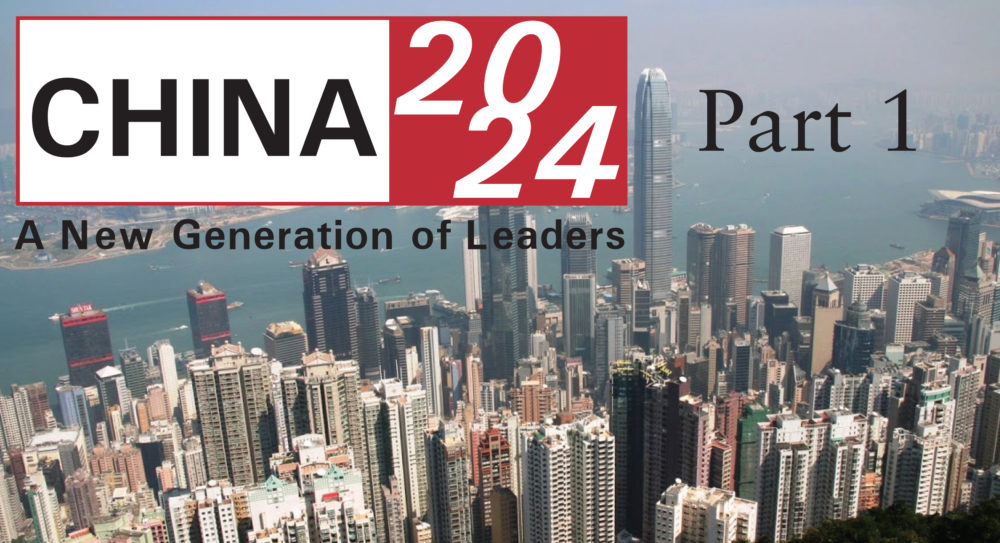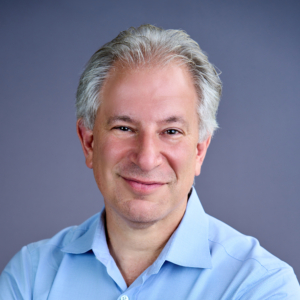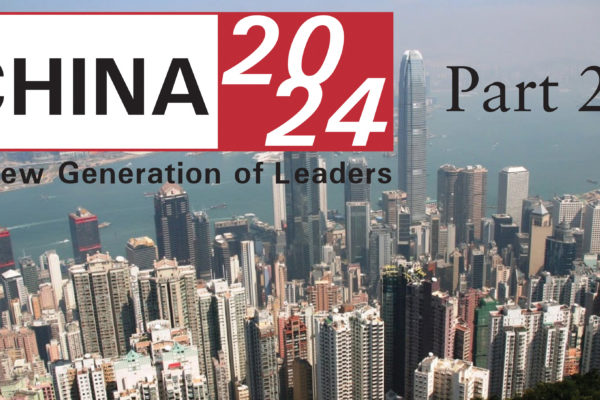
We know that within a decade or so, China will be the world’s largest economy. Who will shape its business institutions, and what kinds of institutions will they shape?
The China 2024 study that Stacy Palestrant and I launched nearly a decade ago, with Katzenbach Partners, now Strategy &, as the founding sponsor, is a macro-miniature that aims to shed light on this question by understanding how the leaders who will be in their mid forties to early fifties in the middle of the next decade developed and were shaped by their circumstances.
China in the early 2000s represents the point of greatest imbalance between the demand for and the supply of managerial talent in human history. In the eye of this storm, in 2004 we selected 116 Chinese nationals graduating from eleven top business schools in both China and the US that spring. We are now almost a decade into a longitudinal study that follows these individuals, to help us understand what they choose, what they do, what influences them and what differences among them shape the different outcomes they achieve.
To understand any individual, for instance, Ying Guo*, currently the Chief Financial Officer of US-traded Mecox Lane Limited, one of China’s leading manufacturers of apparel and accessories, we need to look at the interplay among personal attributes (Ying’s values, abilities, expertise, networks, and ways of thinking), institutional attributes (the ownership, governance, strategy, capabilities and so on of the companies she’s worked for and other relevant firms), and broader forces in the ecosystem in which she’s part such as Chinese companies listing on American exchanges.
Ying’s Story
In a conference room in Beijing, Ying gets philosophical: “In business school, we were taught theories, but what I’ve learned since is about the unpredictability of people, about how everything can change.”
Ying graduated from Tsinghua University School of Economics and Management, one of China’s top business schools, in 2004. In the super-charged atmosphere of companies competing for capital, owners striving for liquidity, enterprises shifting from state to private and mixed ownership, the question of public listing was paramount. Achieving and sustaining listed status requires specific financial expertise, scarce even now and far more scarce nine years ago. Ying came into this market with not only her freshly-minted MBA but also experience gained prior to business school from Deloitte and KPMG.
There was a great deal of demand for someone with Ying’s skills and pedigree – but perhaps the watchword here should have been “seller beware.”
She first worked on a subsidiary of a Beijing media company that had been floated, with a large share sold to a German media group. The finance function was accountable to the operating management of the subsidiary and the German investor. Ying brought the professional skills to create clarity and rigor. She wasn’t “one of us” to the company’s leaders, however, and wasn’t influential. The management focused more on their old bosses in the state-owned parent from which they were spun off. In turn, the stock price fell more than 80%. Ying left five months after her boss, the CFO.
Ying then joined a company that was highly dependent on a single revenue source. When this source fell away, the company failed to complete a Hong Kong listing and was abandoned by its VC investors. The next company Ying joined was a Chinese travel company, whose founder joined forces with a Chinese financier who had engineered a US listing through a Cayman Island holding company. Conflict ensued between these two principals, the entrepreneur resigned, and the share price fell below a dollar.
From there, Ying joined the more solid Mecox Lane Limited as corporate CFO, two years after its US over-the-counter listing and the year after its transfer to NYSE and has flourished since, playing an instrumental role in fighting off attacks from short-sellers and navigating any number of other challenges.
What do we see here? What shapes this story?
Macro forces seem paramount. Yes, there were specific institutional factors that might have caused things to go differently in the travel business when the entrepreneur and the financier had a falling out. Yes, things might have been different in the media spin-out if the Germans had negotiated a different deal. But these look like rounding errors against the massive pull of businesses toward the most powerful path for converting operating assets into liquid wealth. Ying was there with a specific aspect of what they needed, but without the breadth of perspective or the institutional power required to change their trajectories.
Individual forces matter too. Perhaps a person with similar expertise but different powers of sizing up people and situations would have selected their contexts better, and could have avoided what turned out to be a series of losing causes. The Ying of today would likely have the wisdom to see these dynamics before they unfold; a different person might have developed this capacity without the long education in the school of hard knocks. Having travelled this road, though, it is no wonder Ying comes away a deeply accomplished financial expert with an equally deep philosophy of the mutability of all things.
A generation of Yings as Chief Financial Officers will make different choices than would a generation shaped by different forces. They’ll use capital differently, make different bargains to get that capital, and will engage differently with the vastly diverse constituencies that make up the global “community” of investors. They’ll make true community with different players.
To know how capital will work in what will be the world’s largest economy, we must know Ying. And to know Ying we must see the forces that shaped her as she learned how better to shape them.



